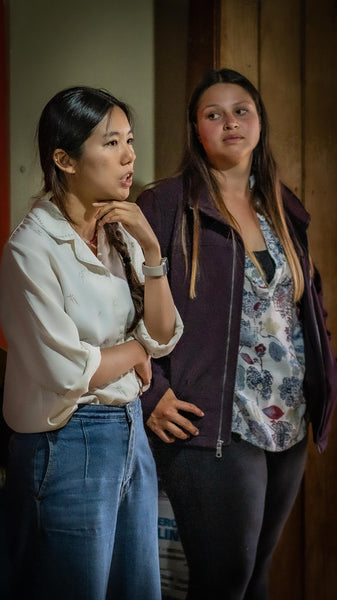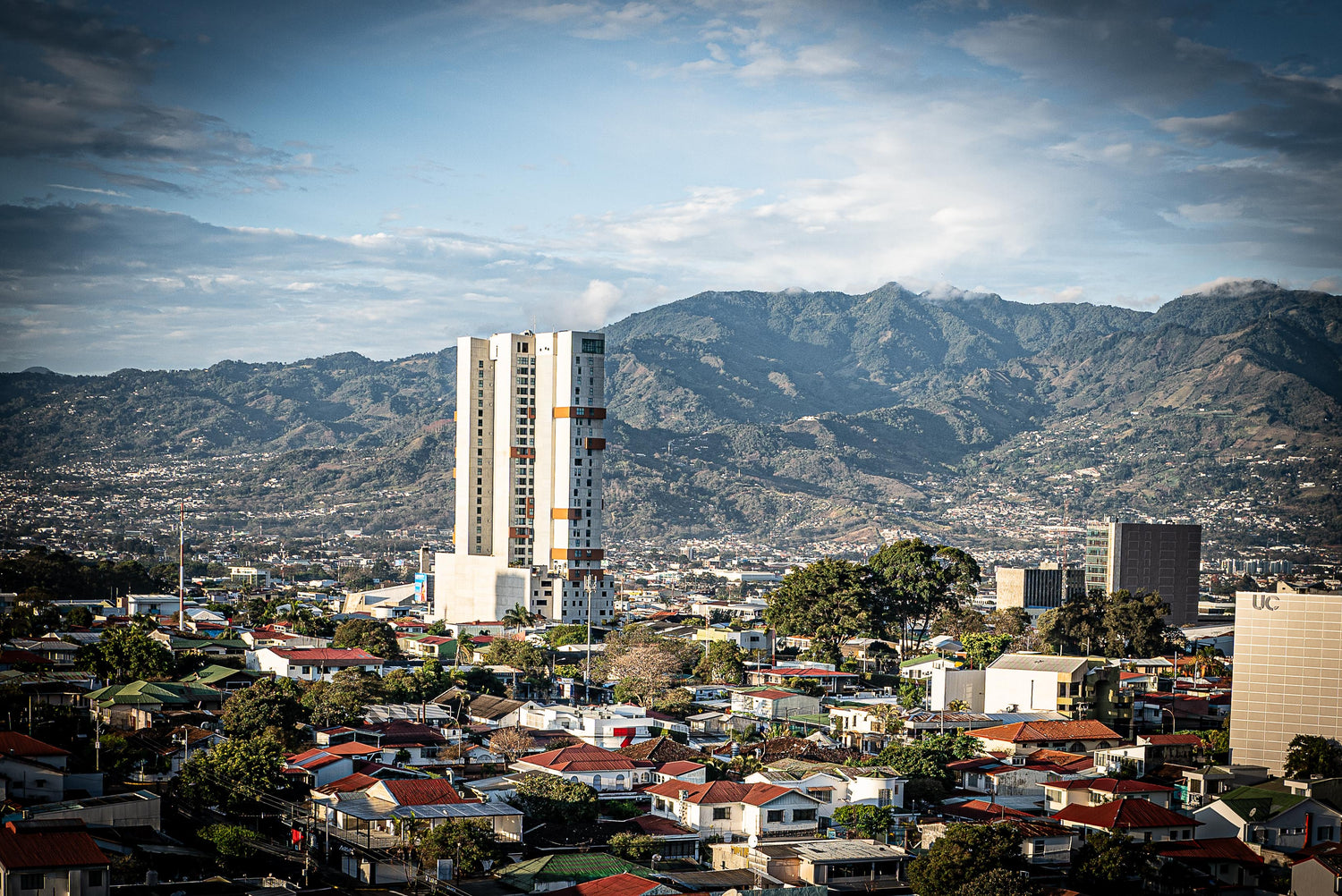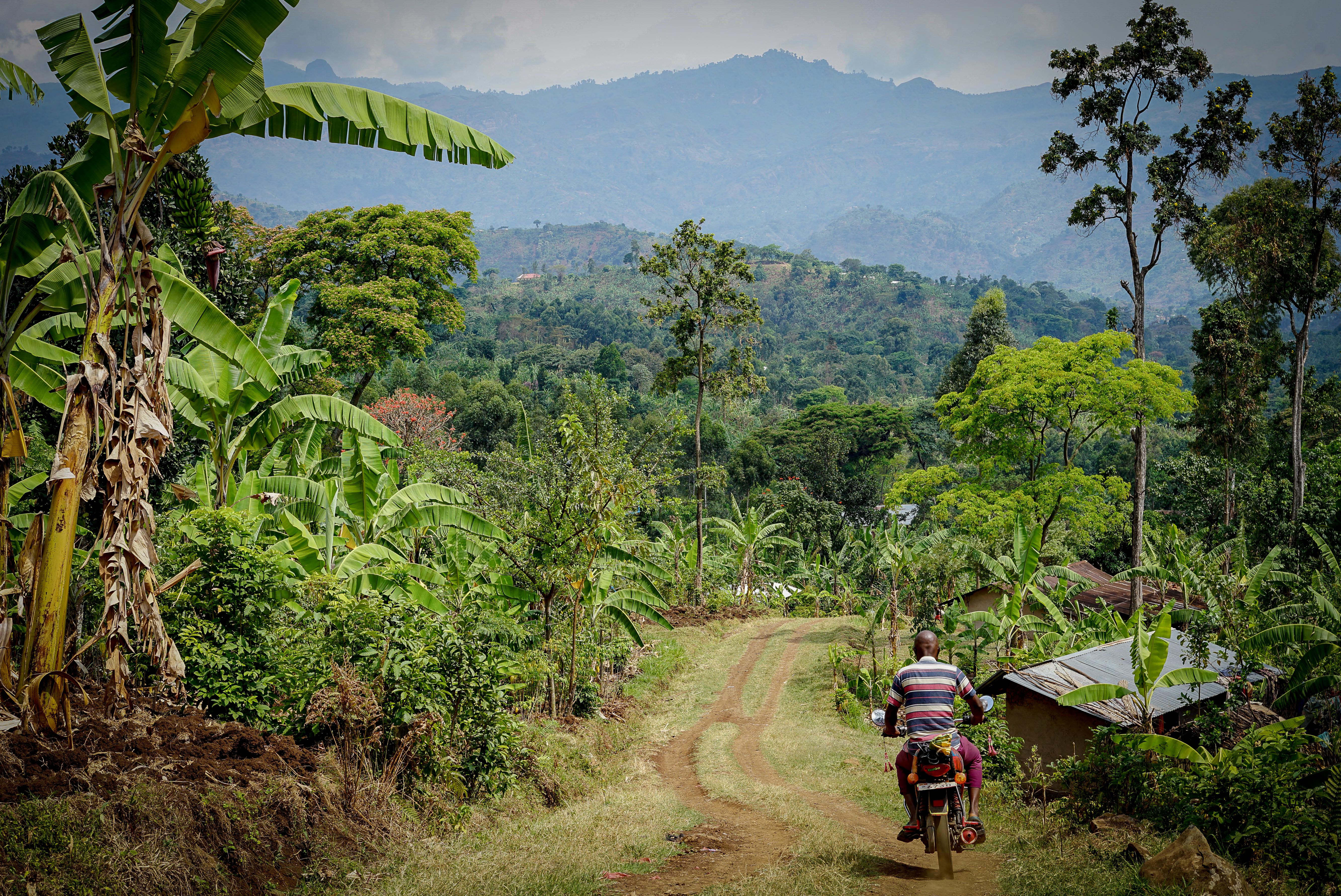Set against a stunning backdrop of the Talamanca Mountains, San Jose has the classic look of a Latin American city.
While it’s usually the hard-to-find and remote areas we travel to for coffee, Central and South America can be highly urbanised. Densely populated, rapidly growing population centres contrast with remote rural communities. Before I can head for the high ground, it's the capital city that provides my entry point into Costa Rica.
San Jose is the biggest city in Costa Rica; sitting in the Central Valley, an area that’s home for the vast majority of Costa Ricans - three quarters of the population live here. The volcanic soils provide fertile land for farming and the industry and commerce are well served by ports on both coastlines.
Bean Voyage
I’m headed to the nearby Tarrazu region, home to some of the best speciality coffee in the country. Later in the week I will connect with producers at Coope Tarrazu, but before then I have a day in the city. Heading to Cafe Franco in Barrio Escalante, where I have coffee with Sunghee Tark, founder of Bean Voyage.

Based out of Costa Rica, but working in several origins, Bean Voyage are focused on supporting women coffee farmers; helping them to create thriving businesses with finance, training and marketing. Sunghee founded Bean Voyage back in 2016; initially supporting just 2 farmers. The years in between have seen huge growth - in 2022 they helped 540 small holder women farmers.

Sunghee and Bean Voyage are inspiring, we organise to meet up later in the week, planning to visit several small scale producers and committing to working together in the future. All of the farmers I visit are based in the region of Tarrazu, where the locals have a saying ... “ there is only coffee here” ... but what incredible coffee it can be!

Coope Tarrazu & Coope Dota
My next stop is further into the mountains to see Jesus and Fabian from Coope Tarrazu. One way or another, we’ve been buying coffee from this co-operative for several years and I’ve been looking forward to visiting them for sometime. The office and mill are in the centre of San Marcos.
Founded in 1960 the co-operative have nearly 5,000 members - they’re a huge presence in the town. Providing everything from education and childcare to subsidised shopping at the co-op run supermarket, garage and restaurant.
Coope Tarrazu work with a large range of farmers; from growers that produce very small scale high-quality micro-lots of coffee, to much larger scale farms and estates.

The contrast between some of the producers I met with Sunghee and the scale of production here at Coope Tarrazu in many ways reflects the very different kinds of coffee production you can find here in Costa Rica: For many years large scale regional mills bought cherries from small farmers to produce good quality regional lots. That's changed; in the late 2000’s there was a shift in focus that saw growing numbers of small scale farmers process and sell their own coffees separately.
With so many different terroirs and micro-climates here this has seen Costa Rica producing a huge range of cup profiles. In the past unique and interesting coffees would be blended with lots from neighbouring farms but now we’re able to enjoy a much greater diversity of flavours.
 Costa Rica is very focused on environmental issues. Aiming for total decarbonisation by 2050, not just a “net zero” target; they’ve also regrown large areas of tropical rainforest (after suffering some of the highest rates of deforestation in the world in the 1970s and 1980s).
Costa Rica is very focused on environmental issues. Aiming for total decarbonisation by 2050, not just a “net zero” target; they’ve also regrown large areas of tropical rainforest (after suffering some of the highest rates of deforestation in the world in the 1970s and 1980s).
The same environmental focus is found in their coffee production. At Coope Tarrazu and Coope Dota I'm shown how all the waste water from the coffee washing process is filtered on site through managed grassland, where they also produce organic fertiliser from coffee pulp and parchment. At neighbouring Coope Dota, they have spent many years improving their environmental working practices - they were carbon neutral way back in 2011.
The way that coffee is developing in Costa Rica is very exciting. I learn that coffee cooperatives are at the centre of the community here, providing jobs and services. Their work, alongside Costa Rica's 'ICafe' regulations make coffee production fair for each person with all the cooperatives follow the same rules and regulations.
Alongside the amazing work of the co-operatives the boom in micro mills mean that regions within Costa Rica are developing very distinct coffees from areas such as Tarrazu but also Brunco and the Central and West Valley.





Leave a comment
This site is protected by hCaptcha and the hCaptcha Privacy Policy and Terms of Service apply.